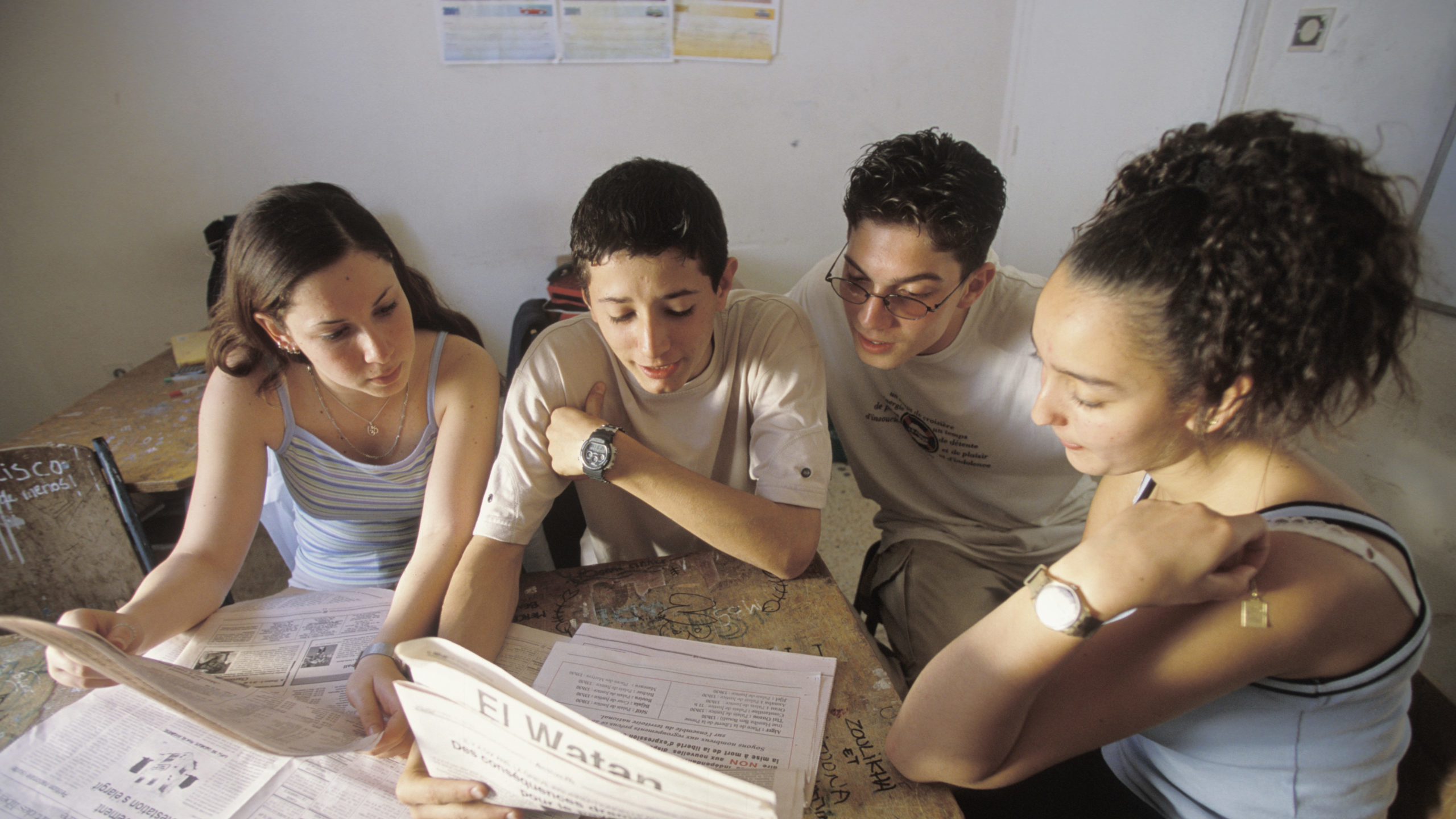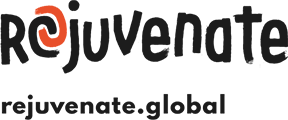resource
This draft report gives account of the Save the Children (UK) work on child protection 2001-2002, in the Kotkai afghan refugee camp, Pakistan. The work is described in three phases. In the first phase conventional methods of child protection monitoring were adopted, where outsiders were used. In the second phase a participatory monitoring strategy was introduced, using some PRA (Participatory Rural Appraisal) tools to collect information on the topics given in phase one. In the third phase (from April 2002 and onwards) the participatory Reflect-Action approach was used to monitor the child protection issues. The methodology was used to monitor child protection concerns, and children taking a leading role in advocating the protection concerns speeded up the response.
The service delivery agencies took immediate actions in almost every concern raised by the children. Lessons learned from the approach are highlighted. Impacts of the Reflect-action approach are detailed in the context of empowerment, change in social behaviour, and capacity building. The processes of the different Reflect-Action circles (focussing around education system, children under stress, school drop outs, disease, water shortage, needs, drug addiction, shelter, and early marriages) are described briefly in separate sections specifying diagrams used for visualisation, e.g. sketches, cause and effect charts, pair-wise ranking, maps, and matrix ranking charts. The implications of scaling up child protection monitoring are discussed and a future strategy for child protection in Pakistan is presented. Three annexes are included which detail the issues identified through the three phases of the project. A brief note describing PRA is also incorporated.
A physical copy is available in the Participatory Resource Centre at the Institute of Development Studies.






